|
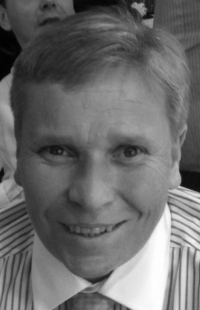
|
Barry Childe, Head of R&D, HSBC Operations, Services & Technology, HSBC.
A specialist in Investment Banking technology, Barry serves as a technology Intrapreneur in HSBC's strategic innovation and investments team. Barry holds a PhD in computer science and has over 30+ years experience within Financial Services technology. Barry represents HSBC as a technology ambassador at a number of financial services technology councils and at academic and industry accelerators and startup programs. Previously Barry has served senior technology roles for Barclays Capital; The Royal Bank of Scotland; VMware; Westpac, TD Securities and Nordea Bank. Barry lives in Seaford, England and his favourite pastimes are golf and motor racing.
|
|
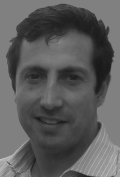
|
Carl Cook, Senior Software Engineer, Optiver.
Carl is a member of the ISO C++ committee’s SG14 study group, which focuses on low-latency programming requirements. He is a senior software engineer at Optiver, a global electronic market maker, where he has spent time in both the Amsterdam and Sydney offices. He specializes in low latency execution stacks, which involves an always challenging combination of C++, operating systems and CPU architectures. Carl has also worked on the buy-side in London developing order execution systems, and in New Zealand developing risk systems. Carl holds a Ph.D. and M.Sc. in Computer Science, both from the University of Canterbury, New Zealand.
|
|

|
Jim Cownie, Principal Engineer, Intel.
Jim is an Intel principal engineer who was until recently architect for the OpenMP* runtime. He has worked on parallel computing since 1979 when he started at Inmos working on Occam and the Transputer. He served on the HPF and MPI committees, designing the MPI profiling interface as chair of the MPI-1 profiling sub-committee. Since joining Intel ten years ago, amongst other things, he has worked on the Pin profiling infrastructure, Intel® Transactional Synchronization Extensions (Intel® TSX) and OpenMP. He lives in Bristol, and would rather be skiing.
|
|
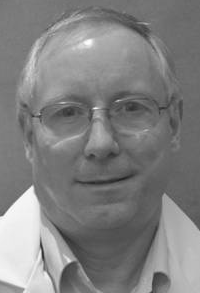
|
Richard Croucher, Specialised Infrastructure Engineering, Barclays.
Richard is currently VP of High Frequency Engineering at Barclays and part of the team planning MiFiD2 compliance. He specialises in low latency and high performance platforms and also leads x86 server hardware selection across all Barclays, globally.
He has previously worked for London Stock Exchange where he designed the RDMA network and has held technology roles at HSBC, Credit Suisse, RBS and DeutscheBank. He was previously a Chief Architect at Sun Microsystems and a Principle Architect at Microsoft.
Richard was the first Fellow of STAC Research as a consequence of his work helping to create STAC-N1. He is also a Fellow of the British Computer Society and has degrees from Brunel University, the University of Berkshire and the University of East London.
|
|

|
Stephen Donnelly, CTO, Endace.
Stephen has worked on packet capture and time stamping systems for 20 years, receiving his PhD on “High Precision Timing in Passive Measurements of Data Networks” from the University of Waikato, New Zealand. He was a founding employee at Endace, developing FPGA based packet capture and timing systems. He has developed clock synchronization systems and high performance network monitoring virtualization for Endace appliances, and collaborated with customers in Telcos, Finance, Test & Measurement, Enterprise, and Government to solve unique problems. Stephen is a contributor to the Wireshark, libpcap, Argus and Suricata open source projects.
|
|
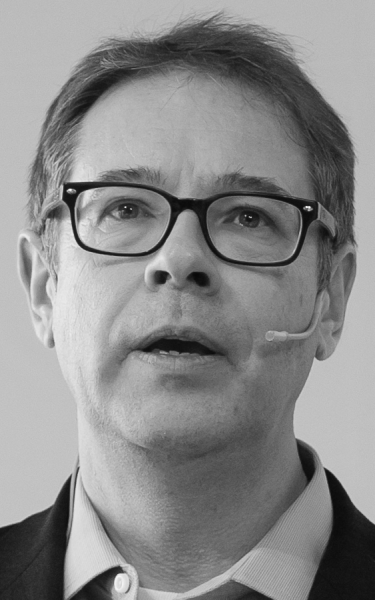
|
Philip Filleul, Segment Director – Financial Services, Cray Inc.
Phil is Cray’s global segment director for Financial Services. His role is to understand how Cray’s technologies can be used to bring value to the more challenging use cases in FS. Prior to Cray he has been responsible for capital markets use cases with Teradata analytics and has also created an industry reference data utility for the large banks. He has a strong fascination with how advanced technology can rethink traditional systems in Banks and is a frequent conference speaker, and white paper writer. He has a Masters in Computer Science from Cambridge University, UK and lives in Charlotte NC.
|
|
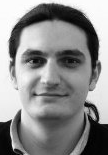
|
Mathias Gaunard, Senior Software Engineer, Bloomberg LP.
Mathias is a C++ developer, performance specialist, and former entrepreneur. A big C++ enthusiast, he's been contributing to the Boost C++ libraries and other open-source projects for 10 years and has been a member of the C++ Standards Committee since 2011, where he's been extending the language for better parallelism and enhancing the support of advanced programming techniques. Previously a research engineer at Université Paris-Sud, he worked on building tools to program modern hardware more easily (SIMD, multi-core, GPU, clusters). He founded NumScale to apply those tools, offering solutions for high-performance numerical computing and cross-platform software optimization in aerospace, oil & gas and finance. He's currently working at Bloomberg LP where he's using Natural Language Processing and fuzzing matching to extract data from unstructured data and disambiguate between databases; he also dedicates time to standardizing support for SIMD into the C++ programming language.
|
|
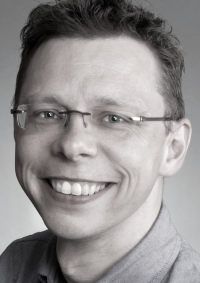
|
Michael Hausenblas, Developer and Cloud Advocate, Mesosphere.
Michael is a Developer and Cloud Advocate at Mesosphere where he helps appops to build and operate distributed applications. He shares his experience with distributed operating systems, large-scale data processing, and IoT applications through demos, blog posts and public speaking engagements and contributes to open source software (DC/OS, Apache Mesos, Apache Myriad, Kubernetes). Prior to Mesosphere Michael was Chief Data Engineer at MapR Technologies and before that he was a Research Fellow at the National University of Ireland, Galway where he researched into large-scale data integration, the Internet of Things, and Web applications and where he gathered experience in advocacy and standardization (World Wide Web Consortium, IETF).
|
|
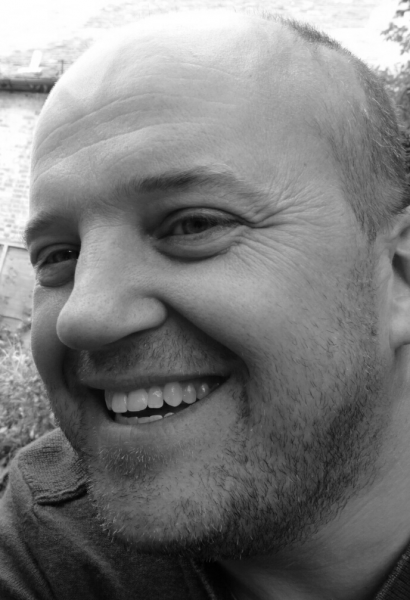
|
Neil Horlock, Director, Credit Suisse
Neil joined Credit Suisse (then known as CSFB) in 1998, from Financial Times Information where he became a core part of Credit Suisse's Market Connectivity development team and was central to the design and implementation of their in-house European Direct Market Data solutions. Neil rapidly became an SME in European exchanges, protocols and networks and helped grow the products beyond Europe to Asia and from Equities into other asset classes. In 2005, Neil designed and led the implementation of a (significantly) sub millisecond order routing solution for use within the proprietary trading business, a product that still forms the basis of the bank's high performance ultra-low latency trading platform. In recent years, Neil has represented the bank in a number of technology based consortia including projects such as BOAT and Turquoise and is currently part of the Nanostreams research project led by Queen's University, Belfast. Neil is a Director in the Trade Execution Technologies group at Credit Suisse and his responsibilities include oversight of the European Market Connectivity operation, Global Architecture for Market Connectivity, pre-trade risk and Regulatory Reporting functions, he is alleged SME for topics such as C++, market connectivity and the broad spectrum of low latency solutions, is an all-purpose trouble shooter and general-purpose busy body.
|
|
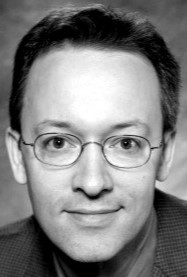
|
Peter Lankford, Founder & Director, Securities Technology Analysis Center.
Peter leads STAC®, which provides hands-on technology research and testing tools to the finance industry and facilitates the STAC Benchmark Council™, a group of leading financial institutions and vendors that engages in technical dialog and specifies standard ways to assess technologies used in finance. Prior to STAC, Peter was SVP of the $240M market data technology business at Reuters. Prior to Reuters, Peter held management positions at Citibank, First Chicago Corp., and operating-system maker IGC. Peter has an MBA, Masters in International Relations, and Bachelors in Chemistry from the University of Chicago.
|
|
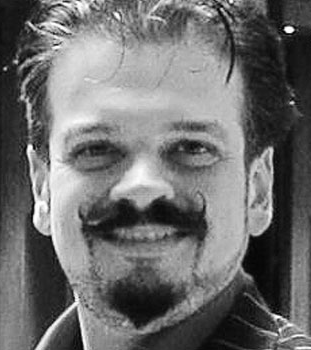
|
Jason McGuiness, Consultant, Count Zero Ltd.
Jason is a consultant in C++ on Linux. With over 15 years' experience, including programming prototype super-computers, but mainly in finance, now focusing on low-latency and HFT software and architectures and the issues arising from them. He is also actively involved with the UK C++ Panel of the BSI (British Standards Institute) and the ACCU to maintain his skill-set.
|
|
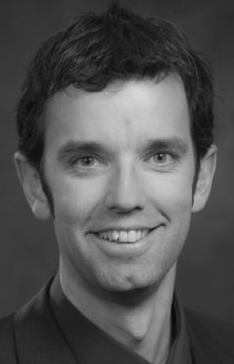
|
Sebastian Neusuess, Expert MarketMicroStructure, Deutsche Boerse AG.
Having joined Deutsche Boerse in 1999, Sebastian has led teams in Germany, Czech Republic, and India. His work includes real time application monitoring for EUREX & XETRA, time sync (PTP), market microstructure analysis, low latency application development, Infiniband, data storage. Sebastian is a C/C++/perl expert and has a diploma in Theoretical Physics from Johannes Gutenberg-Universität Mainz.
|
|
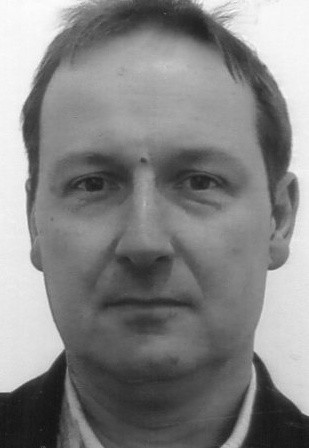
|
Dr. Michael Schukat, Co-Founder & Principal Investigator, Open Sensor Network Authentication (OSNA) group, NUI Galway.
Michael is a Lecturer in the Discipline of Information Technology at the National University of Ireland, Galway. He is co-founder and principal investigator of the OSNA (Open Sensor Network Authentication) cyber security research group (www.osna-solutions.com). The group addresses security / privacy problems of connected real-time / time-aware embedded systems (i.e. industrial control, IoT and cyber-physical systems) and their communication / time synchronisation protocols. He is actively involved in various security working groups on a European (e.g. COST Action Cryptacus) and International level (e.g. US-NIST CPS Public WG). Originally from Germany, he studied Computer Science and Medical Informatics at the University of Hildesheim, where he graduated with a M.Sc. (Dipl. Inf.) in 1994 and a PhD (Dr. rer. nat.) in 2000. Between 1994 and 2002 he worked in various industry positions where he specialised in deeply embedded real-time systems across diverse domains, such as industrial control, medical devices, automotive and network storage.
|
|
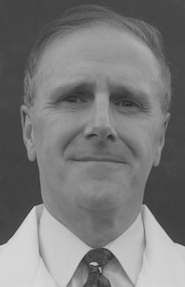
|
Andrew Sheppard, Senior Research Analyst, STAC.
A PhD astronomer by training, Andrew started his career in finance as a quant at Bankers Trust in London, then Tokyo, and finally in New York. Following that he served as chief quant and CTO at various European and US banks and a multi-billion dollar hedge fund. In recent years, Andrew has worked as a consultant in the areas of Big Data and Big Compute in capital markets and insurance.
|
|
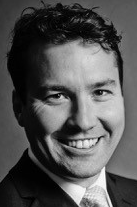
|
David Snowdon, Co-Founder & CTO, Metamako.
David is a Founder and co-CTO at Metamako, with his core role comprising product and technology strategy at the company. His role liasing with customers about their needs gives him a unique view into the challenges faced by such firms. Prior to founding Metamako, David gained a wealth of experience working in and for HFT firms, optimising their network structures, network performance, and building performance hardware, gateware and software. He has a PhD in Operating Systems, looking at and taking advantage of the effect of frequency scaling on power and energy usage. Energy efficiency has long been an interest, with ten years spent designing, building and racing high performance solar powered cars in international events. David’s team formerly held the Guiness record for the world’s fastest solar powered vehicle.
|
|

|
Deenar Toraskar, Founder, ThinkReactive.
Deenar Toraskar is a cofounder of Think Reactive, which provides responsive, resilient, elastic, ready-to-go data analytics solutions based on Spark. These solutions are built using state-of-the art technology end to end from ETL and data pipelines (both batch and streaming) to persistence adapters to analysis and algorithms. Previously, Deenar worked at a Tier 1 investment bank, leading a team developing risk analytics applications (with numerous passionate and satisfied users) on a Spark/Hadoop platform. Deenar is also a Apache Spark committer, a keen cyclist, and a proud parent.
|
|
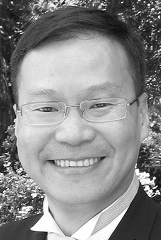
|
Michael Wong, Chair of ISO C++ committee SG14 and SG5.
Michael is the Canadian Head of Delegation to the C++ Standard and a past CEO of OpenMP. He is also a Director and VP of ISOCPP.org, and Vice-Chair of Programming Languages for Canada’s Standard Council. He chairs WG21 SG14 Games Development/Low Latency/Financial/Embedded Devices and WG21 SG5 Transactional Memory, and is the co-author of a book on C++ and a number C++/OpenMP/Transactional Memory features including generalized attributes, user-defined literals, inheriting constructors, weakly ordered memory models, and explicit conversion operators. He is currently Vice President of Research and Development, Codeplay Software. As the past C++ team lead to IBM’s XL C++ compiler, he has been messing around with designing C++ compilers for twenty-five years. His current research interest is in the area of parallel programming, future programming models for self-driving cars and low-power devices, lock-free programming, transactional memory, C++ benchmark performance, object model, generic programming and template metaprogramming. He holds a B.Sc from University of Toronto, and a Masters in Mathematics from University of Waterloo. He is the current Editor for the Concurrency TS and the Transactional Memory TS.
|
|
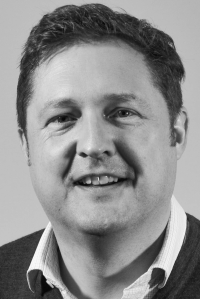
|
James Wylie, Director of Technical Product Marketing, Corvil.
As Director of Technical Product Marketing, James works closely with industry analysts, sales teams and prospects, articulating Corvil’s value and technical benefits. Prior to his current role, James spent 8 years as a senior member of Corvil's Sales Engineering team helping the worlds leading stock exchanges and financial institutions gain a deep understanding into the performance of their complex IT and business systems. James has a background in Network Consultancy, holds an Honours Degree in Electronic Engineering and is a frequent blogger and public speaker.
|


















